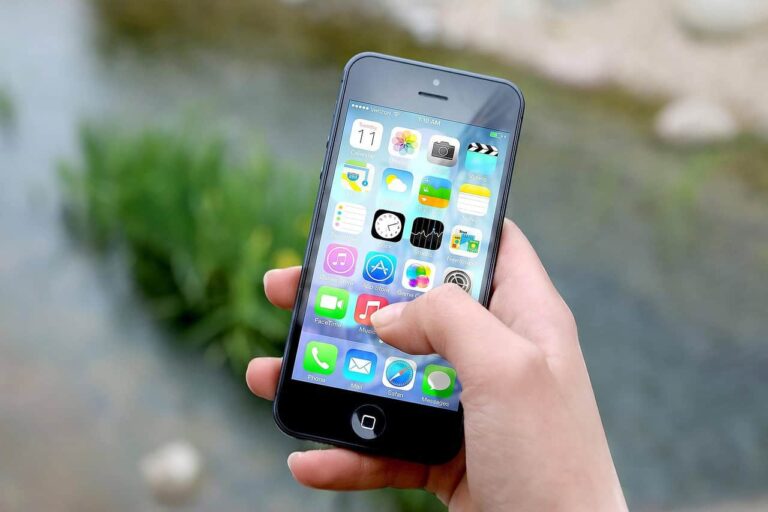How to do a Performance Assessment of Self-Care Skills
Let me guess — someone’s told you self-care is all about bubble baths, scented candles, and sheet masks. And for a while, you probably believed them. I mean, who doesn’t want to think a little lavender oil can undo months of burnout? But here’s the thing: that version of “self-care” is about as useful as putting a fresh coat of paint on a crumbling wall. Real self-care assessment is a whole different ball game — and it’s not nearly as glamorous.
Most people are terrible at evaluating how well they’re actually taking care of themselves. They’ll point to the one yoga class they made it to last week while ignoring the fact that they’re running on caffeine, five hours of sleep, and sheer willpower. Sound familiar?
What Self-Care Assessment Really Means
The World Health Organization defines it as “the ability of individuals, families and communities to promote health, prevent diseases and maintain health and to cope with illness and disability with or without the support of a healthcare provider.” Notice how there’s zero mention of bubble baths or $80 candles.
A solid assessment means looking at your life in a brutally honest way. The International Self-Care Foundation has a “Seven Pillars of Self-Care” framework — and spoiler alert: it’s not Instagram-friendly. A recent study in BMC Public Health outlines how this framework supports self-care evaluation through tools like the Seven Pillars, reinforcing that it’s about daily choices, not just feel-good moments.
-
Knowledge and health literacy – Do you really understand what your body and mind need, or are you winging it?
-
Mental wellbeing, self-awareness, and agency – Can you recognize when you’re spiraling and actually do something about it?
-
Physical activity – And no, speed-walking to the fridge at midnight doesn’t count.
-
Healthy eating – Put down the energy drink. Yes, I’m talking to you.
-
Risk avoidance and mitigation – Stop acting like “it won’t happen to me” is a health strategy.
-
Good hygiene – Seems obvious, but you’d be surprised.
-
Rational use of products and services – Do you really need that third supplement TikTok told you to buy?
Why Most Approaches Miss the Mark
The biggest problem? People treat self-care like they treat a leaky roof — slap a patch over the obvious drip and ignore the water pooling inside the walls. You feel stressed, so you book a massage. Exhausted? Take a long weekend. But you never actually look at why you’re stressed or tired in the first place.
A thorough assessment means considering emotional, environmental, financial, intellectual, occupational, physical, social, and spiritual wellness. That’s eight separate areas. Be honest: you’ve probably neglected at least three without even realizing it.
Think of it like car maintenance. You wouldn’t just wash the exterior and call it “good as new.” Yet that’s how most people approach their wellbeing.
The Science Behind It
Researchers have built tools that go way beyond “Did you meditate today?” — things like the Self-Care Inventory, the Mindful Self-Care Scale, and the Self-Care Self-Efficacy Scale. These measure habits, coping skills, and support systems, not just spa days and smoothie bowls. Southern New Hampshire University offers a grounded breakdown of what self-care truly means across mental, physical, emotional, social, and spiritual domains — and guess what? It doesn’t involve essential oils or guilt trips.
They also reinforce a truth we don’t like to hear: It’s not a one-size-fits-all. Your best friend might need constant social interaction, while you might recharge in silence. One person thrives on routine, another gets restless without variety.
How to Actually Assess Your Self-Care
Here’s the uncomfortable part — you have to ask yourself tough questions:
-
When’s the last time you felt truly energized, not just “less tired”?
-
Are you fixing problems or just dulling the symptoms?
-
Which parts of your life drain you the most?
-
Who in your circle actually supports your wellbeing?
-
How often do you do what you need versus what you think you should?
The reason most people skip a real assessment is simple: they’re scared of what they’ll find. Maybe your job is sucking the life out of you. Maybe that friendship you’ve had for years is more toxic than you want to admit. Maybe your lifestyle isn’t sustainable — and deep down, you know it.
Moving Past the Surface Stuff
Real assessment isn’t about piling more “relaxing” activities onto your already maxed-out schedule. It’s about spotting what’s working, what isn’t, and making deliberate changes.
That might mean telling your boss no, cutting ties with draining relationships, or finally booking the doctor’s appointment you’ve been putting off. It might also mean stopping activities that look like it but don’t actually make you feel better.
The goal isn’t perfection — it’s awareness. Once you know your actual needs, you can make choices that truly support your health and happiness instead of just keeping up with wellness trends.
So next time someone insists you should just “treating yourself,” you can nod politely — and then get back to the kind that actually works.







